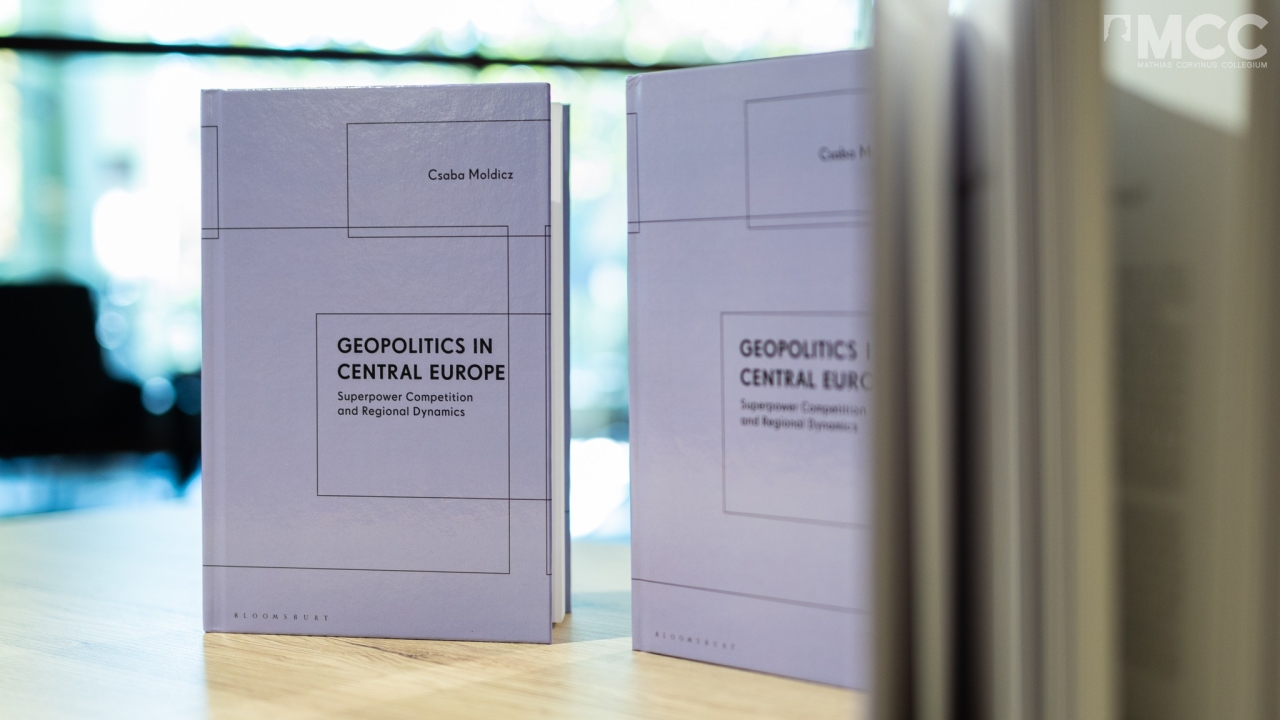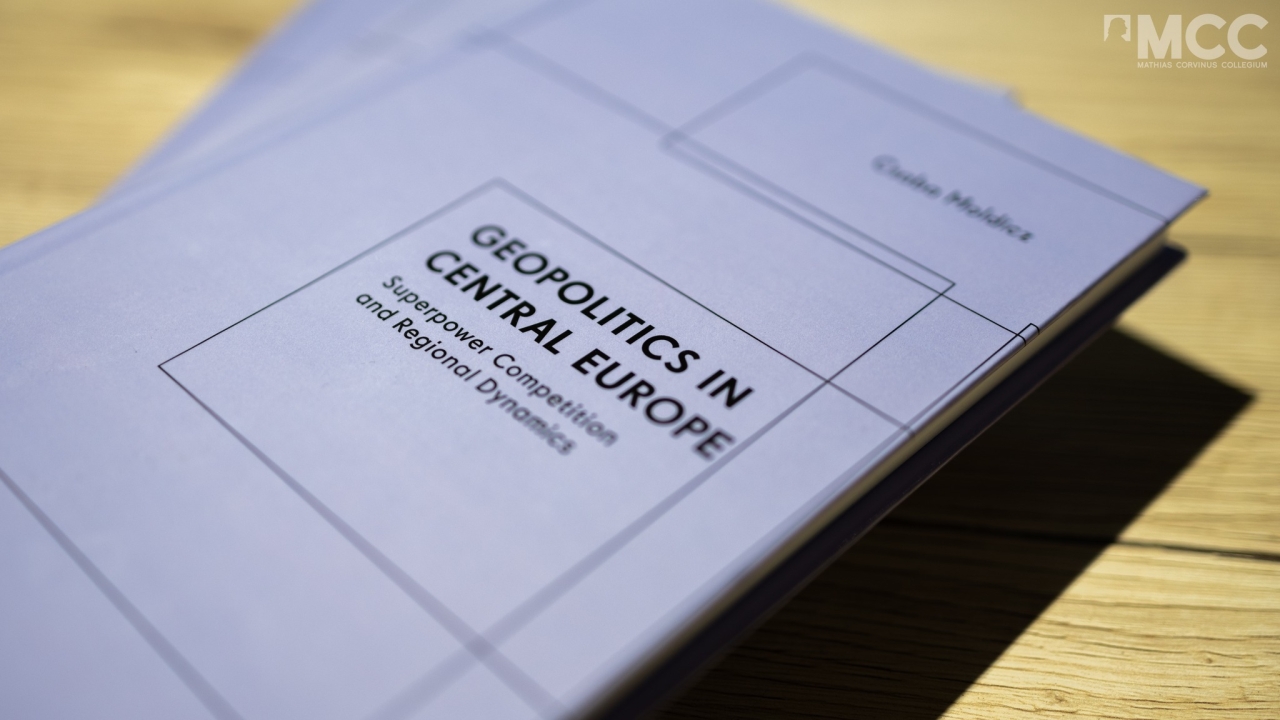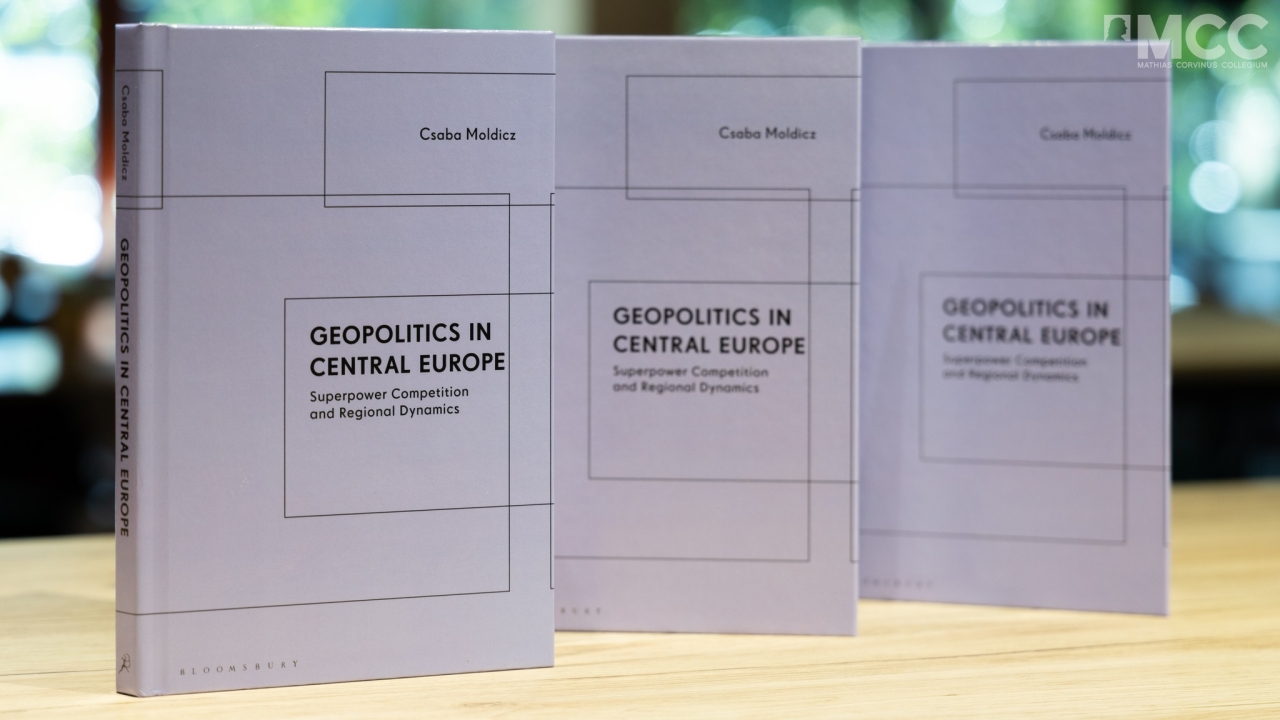Reading time: 5 minutes
Before the region's political and economic transformation in the early 1990s, the history of Central European countries appeared to be a collection of unfulfilled dreams of freedom. Neither the revolutions of 1848, nor the uprisings against Soviet rule in Poland, Hungary, and Czechoslovakia, succeeded in bringing about the long-awaited changes. With the collapse of the communist bloc in 1989, however, a pathway was opened to democratization, full sovereignty, and a market economy. While the reintegration of the region into the Western world has brought partial economic successes, these countries have also been confronted with two interlinked pitfalls.
The first problem was their asymmetric dependence on the West for capital, technology imports and trade. Although the increased integration and dependence led to some early economic and technological gains, the continuing asymmetry between Central Europe and the West is now preventing the continuation or completion of integration. A way out of this catch-22 can be found in strengthening economic ties with other parts of the world.
The second pitfall is the contradiction that arises from the need for integration and the need for sovereignty, which has led to resentment against the EU in the region and triggered an opening towards East Asia. There were two reasons for this strategic move. On the one hand, economic integration and embeddedness in European supply chains has been effective in Central European countries, this embeddedness, nevertheless, has made these countries vulnerable to economic shocks and increasingly dependent on the West. On the other hand, as Western Europe's weight in the global economy has diminished, it is now increasingly unable to provide the necessary impetus for growth in the Central European region.
The 2008-2009 economic crisis was a sobering and bitter wake-up call for Central European countries. This disappointment coincided with the eurozone crisis, China's economic rise and Russia's increasingly confident foreign policy stance. As a result, the region turned towards the East, which in many cases took the form of officially stated strategies, a move that was not universally appreciated in the West. Since 2018-2019, the West has placed increasing pressure on Central Europe to change its policy towards the East. This pressure primarily comes from the European Commission and the United States which continues to have a strong influence in the region. In response, some Central European countries have changed the direction of their foreign policy, while others, such as Hungary and Serbia, have stuck to their position. In the meantime, the European Union has also gradually altered its approach to China, and the former strategic partner has now become a competitor to the EU. In this context, the question arises as to how the EU's so-called strategic autonomy in foreign policy can be advanced when it has neither a voice nor a strategy of its own on various global issues, but instead merely follows US foreign policy interests. Furthermore, the Russian-Ukrainian War has made clear the desire for strategic autonomy will not be achieved without military autonomy.
Contrary to mainstream views, the differences assessments of China's importance do not stem from different approaches to democracy or, as the Western press often puts it, the emergence of "illiberal regimes". The difference in attitude towards China in Central Europe stems from a desire to free themselves from their dependence on the West. To strengthen their economic and political sovereignty, these governments, especially in Hungary and Poland, have taken the following steps. First, they have accelerated the concentration of national capital. Second, they have strengthened trade unions and chambers of commerce which represent national interests. Third, they support nationally owned banks partly through nationalization and partly through preferential treatment of national owners. Fourth, they have based state ownership and modernization of infrastructure on long-term national interests rather than the business interests of multinational corporations. Finally, they have diversified trade and investment links, and reduced dependence on external financing through greater reliance on domestic bond buyers and reduction of public debt, etc.
It is also worth clarifying that easing the economic dependence of Central Europe is not a win-win situation for all, as Western multinationals operating in Central Europe stand to lose rather than gain in the process. There are two reasons for this, the emergence of Asian companies in the region is undermining the market position of Western companies, and, more importantly, this process can only be fostered by states that have more effective bureaucracies and are able to counter the excess profits of Western multinationals and are willing to put national economic interests first. Before 2008-2009, most Central European governments served the interests of Western companies, today they are creating competition by opening up to the East. It is not surprising that the political and economic elites of Western European countries do not welcome these changes in Central Europe, as these developments are against their business and foreign policy interests.
The war in Ukraine is a turning point in many ways, in particular, the reintroduction of the United States to Europe. All the great powers are now present in Central Europe, Germany, China, Russia, and the United States, and they are playing a so-called “Great Game”, pushing the region to the brink of chaos. This book takes a closer look at the "Great Game" played by the great powers in Central Europe and focuses primarily on the economic specificities of the region and the geopolitical constraints that result from them. Although the countries of the region are unlikely to come out on top in the end, they can minimize their losses if they tenaciously defend their own national interests.



